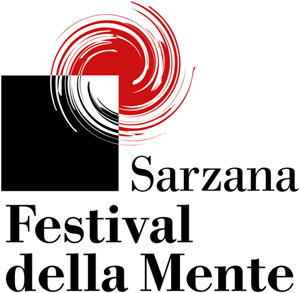2012 Programme
Event #1
Gustavo Zagrebelsky
The right to culture, the responsibility of knowledge
One of the difficulties, or maybe the great divides in present-day societies is between the small number of those who know and the large numbers of those who do not know. This divide becomes the paradox of democracy, the form of government that is meant to be the rule of the majority, i.e., of those who do not know. Yet we can go beyond the paradox and recognize that democracy in our time is the form of government where “all do not know”, no-one knows. There is no policy decision today that does not contain a large scientific component, yet science in turn is highly fragmented and utterly specialized, so that a
scholar who knows a great deal about a small area of knowledge is often perfectly ignorant of all the rest. But governing means putting together all knowledge and coordinate it to serve general goals. Who can accomplish that task? Those who do not know? Perhaps not knowing is the condition—once again, paradoxical—that makes it possible to decide. Could this be the condition for managing our societies—living mostly in darkness at a time when knowledge has never been so developed? For centuries we have concentrated upon ethics and the responsibilities of policy-makers. Nowadays it is essential to focus upon the ethics and responsibility of those who operate in the many areas of sciences—human and natural, assuming that this distinction is still meaningful. The great benefits and disadvantages of social life can come from them. Unless it chooses to be the paradoxical regime of global blindness at a time when details are so brightly illuminated, democracies should carefully consider science and its social relevance.
a former President of Italy’s Constitutional Court, now teaches at Turin University and at Naples Suor Orsola Benincasa University. He is a member of the Accademia Nazionale dei Lincei and of Chile’s Academy of Science. He often contributes editorials to la Repubblica news daily. Following are some of his latest books: Principi e voti (Einaudi, 2005); Imparare democrazia (Einaudi, 2007); Le virtù del dubbio (Laterza, 2007); Contro l’etica della verità (Laterza, 2008); La legge e la sua giustizia (Il Mulino, 2008); Questa Repubblica (Le Monnier, 2009); Scambiarsi la veste. Stato e Chiesa al governo dell’uomo (Laterza, 2010); Giuda. Il tradimento fedele (by Gabriella Caramore, Einaudi, 2011); La felicità della democrazia. Un dialogo (with Ezio Mauro, Laterza, 2011); Simboli al potere. Politica, fiducia, speranza (Einaudi, 2012).
Event #3
Anna Salvo
Sorrow is like a telescope that helps us look into the distance: creatività and suffering

Event #4
Andrea Moro
I speak, therefore I am Like the starry sky: visions of language across the centuries

Event #28
Mauro Agnoletti, Ilaria Borletti Buitoni
Culture, environment, landscape. For a possible, sustainable future






















